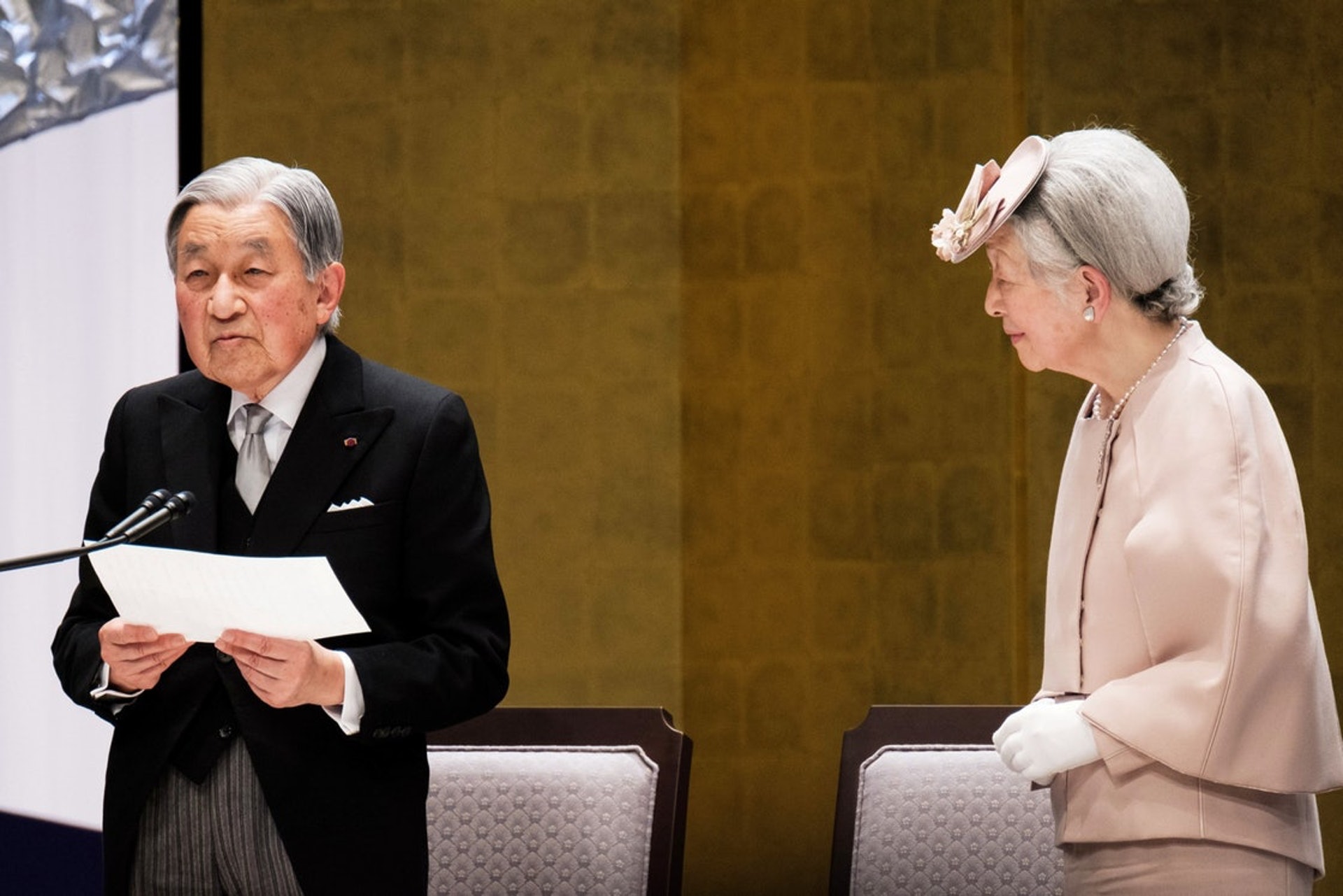Home » Japan’s Emperor Akihito formally abdicates the Chrysanthemum Throne
Japan’s Emperor Akihito formally abdicates the Chrysanthemum Throne


Today, Japanese Emperor Akihito, who has reigned since 1989, will step down from the Chrysanthemum Throne in what will be the first abdication of the emperorship in 202 years. Akihito will be succeeded by his son, Crown Prince Naruhito, who is expected to be coronated on October 22.
Under Japan’s post-war constitution, the emperor has no political powers. Still, the emperor can be an influencer both within and outside Japanese society. Naruhito, who studied water conservation at Oxford and has spoken at the UN on clean water and sanitation issues, could use the emperorship to advocate for environmentalism.
More importantly, Naruhito’s upcoming reign could improve Japan’s relations with its neighbours, specifically South Korea and China. When PM Shinzo Abe and other conservative elements of Japanese politics sought to downplay Japan’s actions in World War Two—incensing Seoul and Beijing—Naruhito’s call to remember the war “correctly” was welcomed by South Korea and China. While forays into political debates like that will be rare, Naruhito could play a subtle role in moderating Japan’s volatile relations with its east Asian neighbours.
Wake up smarter with an assessment of the stories that will make headlines in the next 24 hours. Download The Daily Brief.
Alex is a senior analyst in the Current Developments team with a primary focus on the Americas. He also serves as an editor on The Daily Brief.

